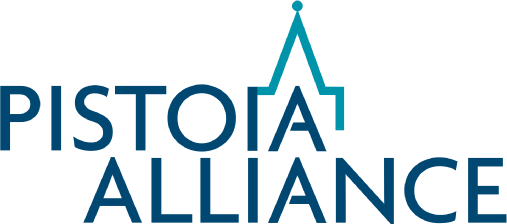FAIR Toolkit Launch
Boston, May 14 2020, The Pistoia Alliance, a global, not-for-profit alliance that works to lower barriers to innovation in life sciences R&D, today launched a freely accessible toolkit to help companies implement the FAIR (Findable, Accessible, Interoperable, Reusable) guiding principles for data management and stewardship. The project is funded by large pharmaceutical companies and […]
